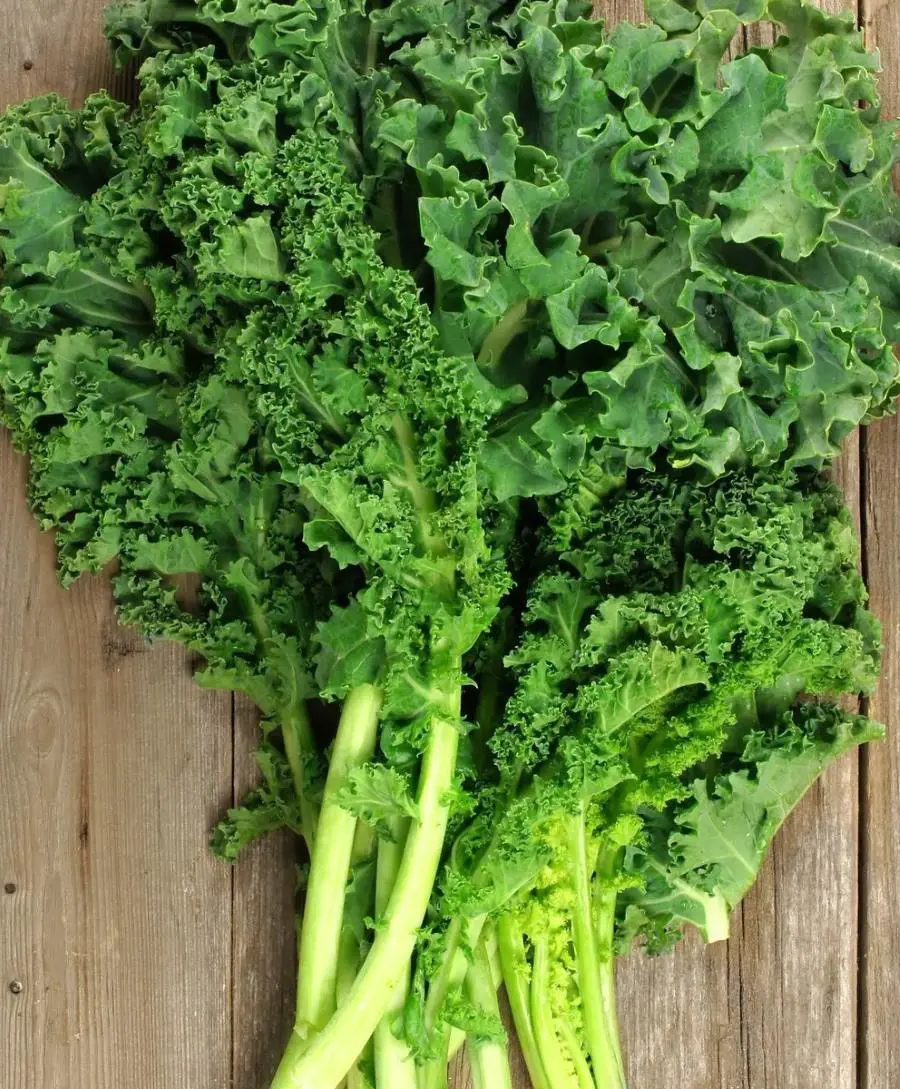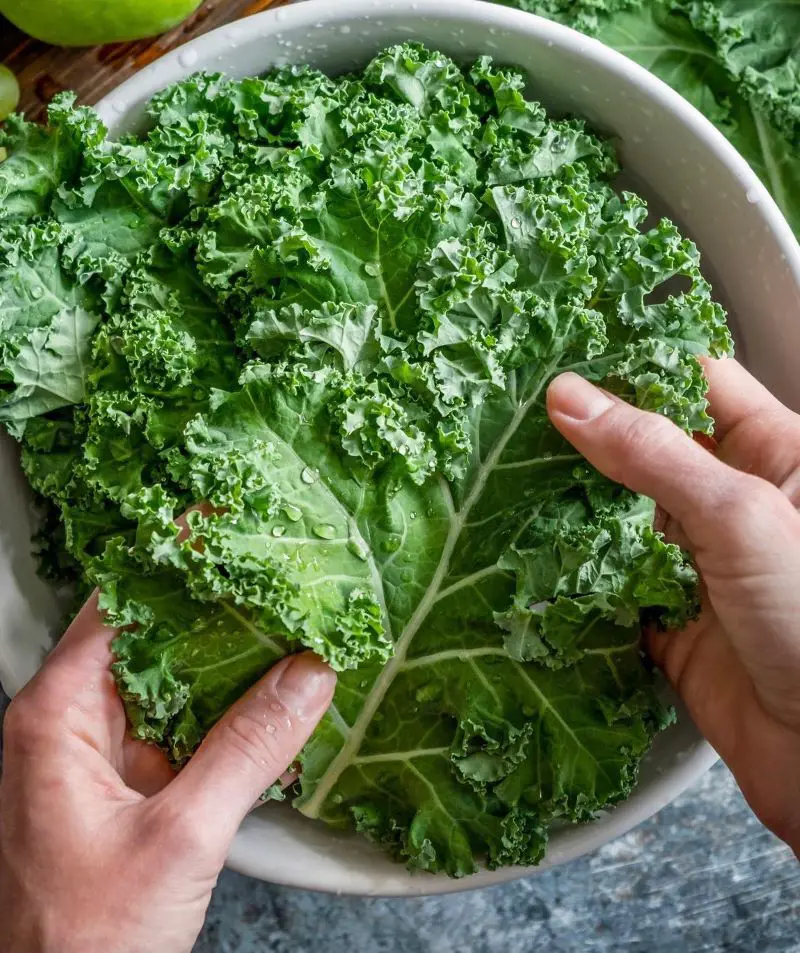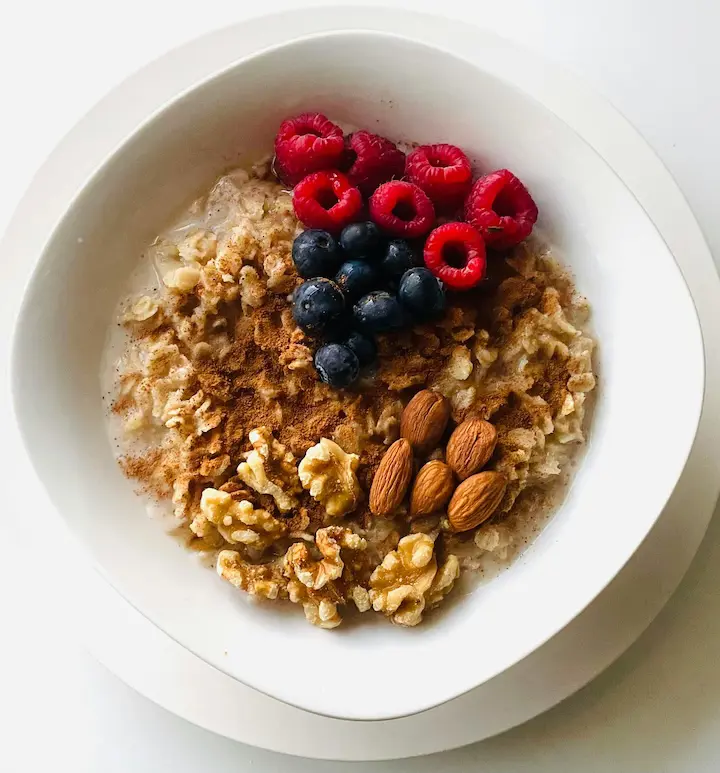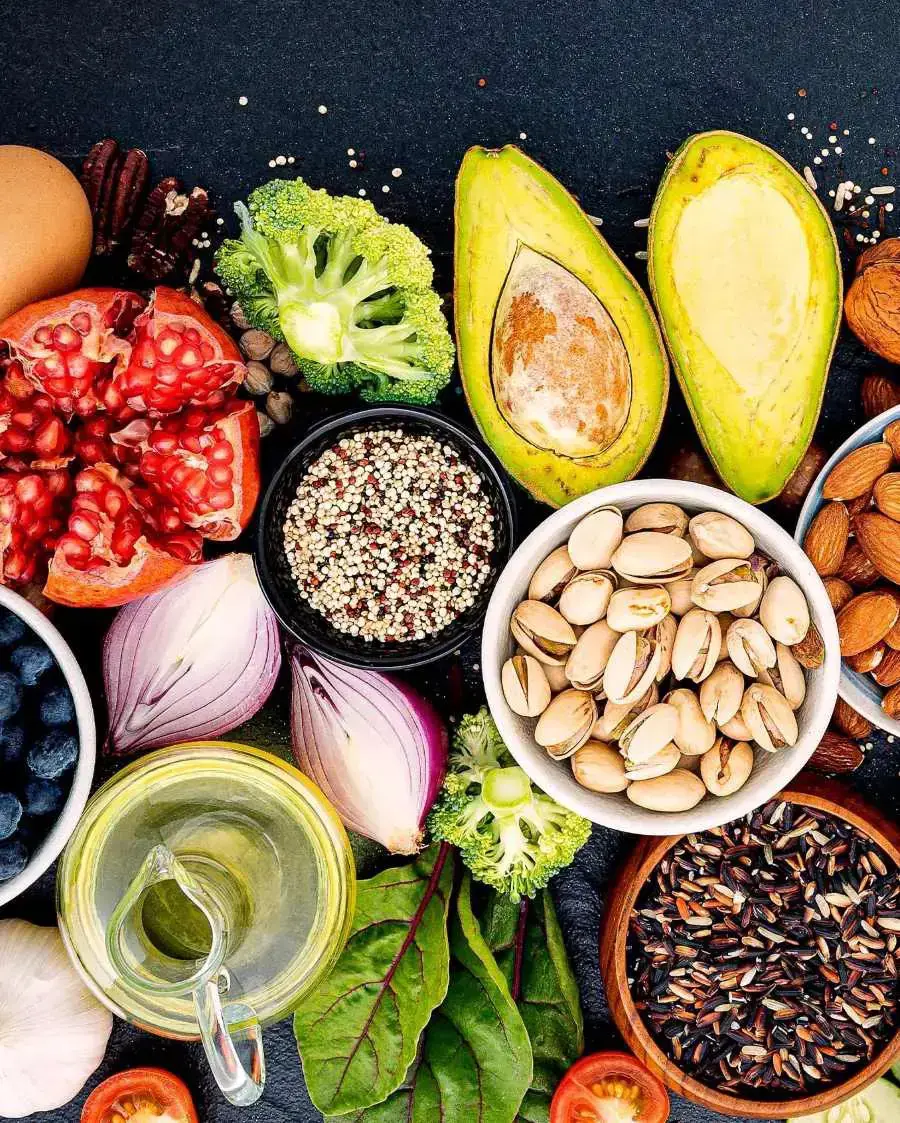Kale: Nutrition Facts
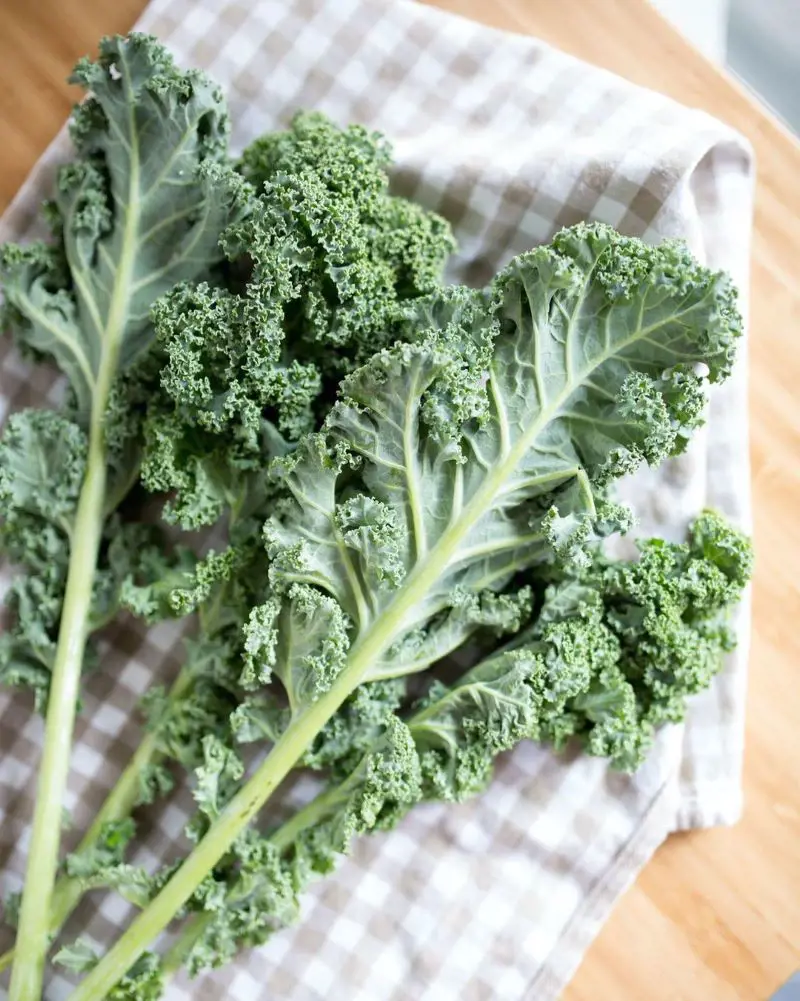
Nutrient-rich kale is beneficial for your body, and it can be enjoyed in both raw and cooked forms. Some studies suggest that consuming raw kale may provide the maximum nutritional benefits. Cooking kale may potentially reduce its antioxidant and vitamin C content, but this doesn't mean that cooked kale isn't a healthy option.
According to the USDA, a 100-gram serving of raw kale provides:
- Water: 89.6 g
- Calories: 35
- Protein: 2.92 g
- Carbohydrates: 4.42 g
- Fiber: 4.1 g
- Calcium: 254 mg
- Iron: 1.6 mg
- Magnesium: 32.7 mg
- Phosphorus: 55 mg
- Potassium: 348 mg
- Sodium: 53 mg
- Zinc: 0.39 mg
- Manganese: 0.92 mg
- Vitamin C: 93.4 mg
- Niacin: 1.18 mg
- Riboflavin: 0.347 mg
- Folate: 62 mcg
- Vitamin B6: 0.147 mg
- Vitamin A: 241 mcg
- Carotene, beta: 2870 mcg
- Lutein + zeaxanthin: 6260 mcg
- Vitamin E: 0.66 mg
- Vitamin K: 390 mcg
Each serving contains modest amounts of folate, potassium, magnesium, iron, and vitamin B6. Incorporating more kale into your diet offers a valuable means to enhance your intake of these essential vitamins and minerals, alongside other important nutrients. The following are a few health benefits associated with kale:
